Tagged Results
Stories

John Blanke
A Black musician at the Tudor court
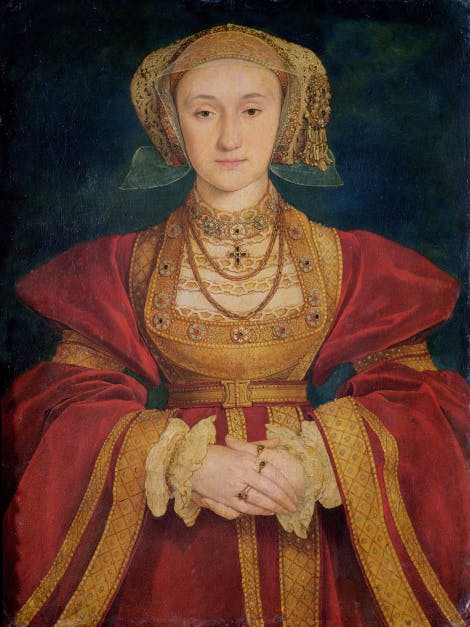
Anne of Cleves
Henry VIII's wife number four, but so much more
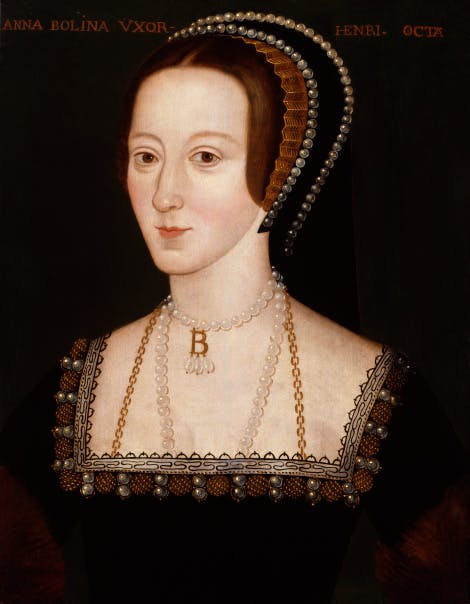
Anne Boleyn
How did Anne Boleyn become queen and why did Henry VIII execute her?

Katherine of Aragon
Katherine of Aragon was the first wife of Henry VIII. In her eyes, she was his only Queen.

Katherine Parr
The remarkable life of Henry VIII’s last Queen
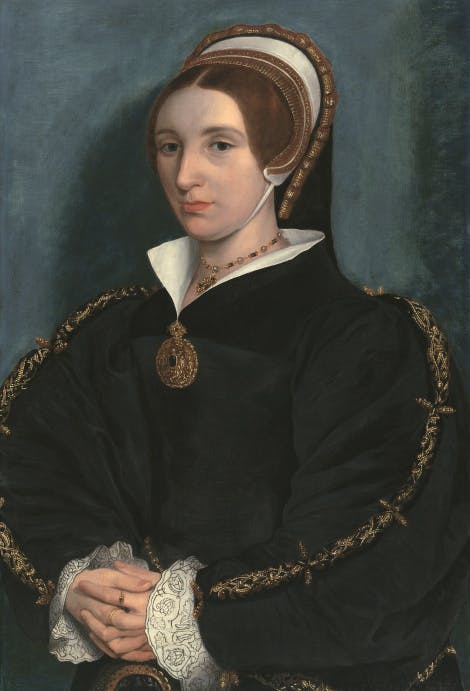
Catherine Howard
A young woman whose marriage to Henry VIII would end in tragedy
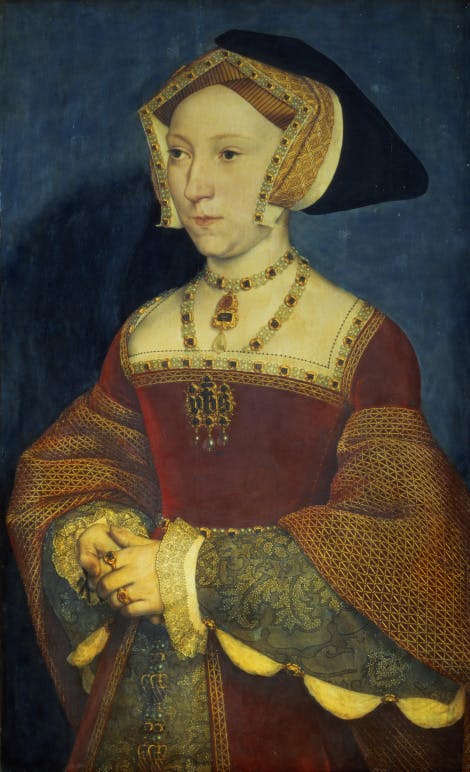
Jane Seymour
Henry VIII's favourite Queen?
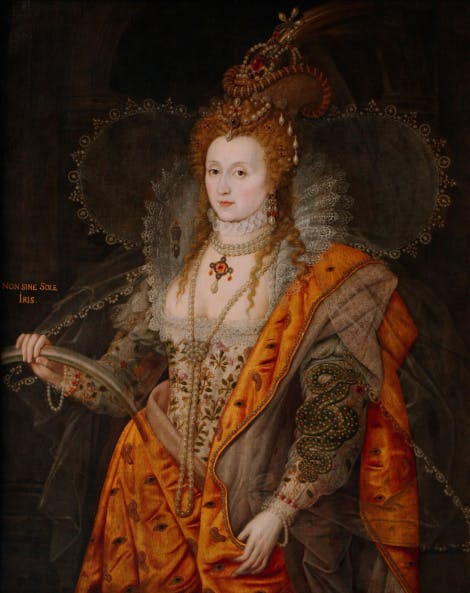
Elizabeth I
From Tower prisoner to English Queen
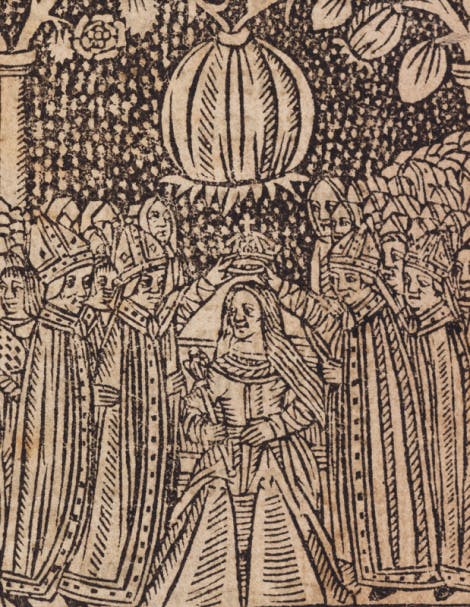
Catalina of Motril
A Tudor servant with one of English history’s greatest secrets
What's on

- Things to see
Hampton Court Gardens
Take time to explore and relax in these world-renowned gardens and find our free entry Garden Open Days dates.
- Open
- In line with palace opening hours
- Hampton Court Palace
- Included in palace admission (Members go free)

- Families
- Half term
February Half Term
Join a royal quest this half term with Elizabeth I at Hampton Court Palace.
-
14 – 22 February 2026
- 10:00-16:00
- Hampton Court Palace
- Included in palace admission (Members go free)

- Things to see
The Chapel Royal
Walk in the footsteps of kings and queens in the Chapel Royal.
-
Open Wednesday - Saturday (opens at 11:30 on 14 January)
- 10:00 - 16:00
- Hampton Court Palace
- Included in palace admission (Members go free)

- Things to see
Imprisonment at the Tower exhibition
Learn why people ended up as prisoners in the Tower of London, in the very rooms where some of them were held.
- Open
- Tower of London
- Included in palace admission (Members go free)

- Things to see
Great Watching Chamber
Discover Henry VIII’s State Apartments and the battle for power at the Tudor court in the Great Watching Chamber.
- Open
- In line with palace opening hours
- Hampton Court Palace
- Included in palace admission (Members go free)

- Things to see
Tower Hill Execution Memorial
Complete your visit to the Tower of London at the Tower Hill Memorial, in what is now Trinity Gardens. Here, an estimated 125 people were executed– including many prisoners of the Tower.
- Daily
- Tower of London
- Free

- Things to see
Henry VIII's Kitchens
Transport yourself back to the heyday of Tudor feasting and entertainment in Henry VIII's Kitchens at Hampton Court Palace.
-
Open
- In line with palace opening hours
- Hampton Court Palace
- Included in palace admission (Members go free)

- Things to see
Chapel Court
Explore an opulent Tudor pleasure ground in the inner precincts of Hampton Court Palace.
-
In line with palace opening hours
- Hampton Court Palace
- Included in palace admission (Members go free)

- Things to see
Tower Green and Scaffold site
Walk in the footsteps of those condemned to execution at the Tower of London on Tower Green and the Scaffold Site.
- Open
- Tower of London
- Included in palace admission (Members go free)
Discover more

Conservation of a Tudor ceiling at Hampton Court Palace
Conservation of a Tudor ceiling at Hampton Court Palace.

Royal Ceremonial Dress Collection
Containing over 10,000 items, the Royal Ceremonial Dress Collection is a Designated collection of national and international importance, cared for by Historic Royal Palaces.

Hampton Court Beasts
Discover more about the heraldic Tudor beasts on display at Hampton Court Palace in Chapel Court, the Moat Bridge and the Great Hall buttresses.

Elizabeth I and the 'Bisley Boy' myth
Tracy Borman explores the real story behind the infamous ‘Bisley Boy’ myth – one of the more outlandish theories about Elizabeth I.

Kings and Queens of England and Britain
See the list of kings and queens who reigned as monarchs of England and Britain from the Normans (1066) through to the Windsors.

Lady Elizabeth's summer with Katherine Parr at Hampton Court
Tracy Borman travels back to 1544, when Elizabeth spent a happy summer at Hampton Court Palace watching her beloved stepmother, Katherine Parr act as Regent. This visit would have an enduring impact on the young princess.

The death and succession of Elizabeth I
Elizabeth I's death marked the accession of James VI/I to her throne and the emergence of the Stuart dynasty within England. But this was certainly not a foregone conclusion at the time.

Christmas in the Tudor Court
Tracy Borman heads back to the courts of Henry VIII and Elizabeth I for a Christmas like no other.

Elizabeth I: History's Healthiest Monarch?
Elizabeth I was top of the Tudor tree when it came to health and fitness. Always a resourceful woman, she chased away ‘melancholy’ with a whole host of entertaining pursuits.
